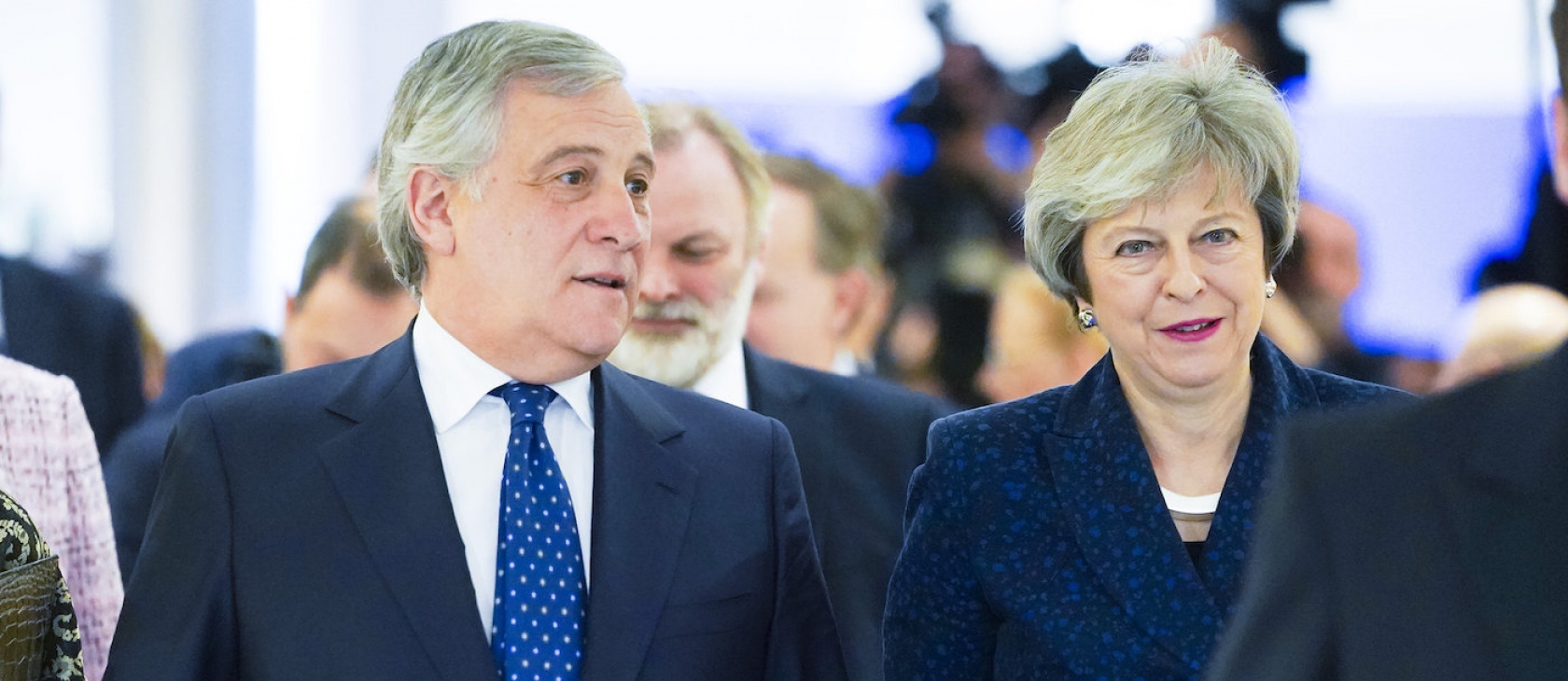Religion and Liberty Transatlantic readers will be aware of the utter chaos which has surrounded the Brexit process in the UK. In putting the current situation into context, it is important to reflect a little more deeply on its implications for liberty.
What just happened?
Prime Minister Theresa May, after promising to leave on March 29, and then April 12, has agreed to extend the Brexit process until October 31 of this year. This symbolism can convey either the macabre (Halloween) or increased liberty (Reformation Day). The “Halloween Brexit” decidedly represents the former.
The prime minister will attempt to force through her Brexit deal against the wishes of the majority of her own party and potentially with the support of the opposition socialist parties. She has promised to step down after this deal is complete, so May might indeed be the end of May.
The deal which the Prime Minister will cobble together will be some version of her own withdrawal agreement (which Parliament has already voted down three times) and a customs union favoured by the opposition parties. The outcome will be messy and contain little to encourage proponents of economic liberty.
The European Union and political liberty
The cold, hard reality is that we have seen Brexit deliberately stalled and scuttled by undemocratic forces in Westminster which cannot countenance the idea that the United Kingdom might leave the European Union. This is how politicians in a democracy chose to respond to the largest vote in UK history, in which 17.4 million voted Leave. When May switched rhetorically from “my deal or no deal” (to which the British people replied, “No deal please!”), to “my deal or another extension,” the die was cast.
Thus began the process of slowly destroying the opportunity of liberty which leaving the EU offers. The UK’s senior civil servants warned of disasters in the case of no deal. The governor of the Bank of England forecast economic catastrophe, without any vision of the opportunities of economic, not to mention political, liberty that independence from domineering Brussels presents.
The European Union and economic liberty
To leave with “no deal” would give the United Kingdom the opportunity to eliminate or at least reduce up to 20,000 tariffs on goods. To remain in a customs union will require the UK to maintain these tariffs and have no say in their setting. What an opportunity for free trade! What a chance to enable people in the UK to benefit from reduced prices and reduced taxes! Tim Martin, the chief executive of pub chains Wetherspoons and a leading proponent of Brexit, says he could immediately reduce prices in his establishments if tariffs were abolished. The result is wealthier and happier – and freer – people.
We need to re-establish the vision of a global free trading nation, the benefits of trade, of low or zero tariffs and lighter taxes.
But the political superstructure says no. Remainers frighten the public by forecasting an independent UK flooded with imports of chlorinated chicken from the U.S. – chlorinated chicken that will be cheaper, may not pose the health concerns they raise, and which in any event no one has to purchase.
A new vision of freedom
The ongoing Brexit chaos has disguised the fundamental arguments about political and religious liberty which lay at the heart of the issue. We need to re-establish the vision of a global free trading nation, the benefits of trade, of low or zero tariffs and lighter taxes. Let’s remind ourselves of the basic arguments:
- A free nation politically and a free nation economically are inextricably linked;
- Trade mutually benefits all parties;
- Tariff-free trade brings enormous benefits to both sellers (who gain access to larger markets), and consumers (who benefit from the most efficient allocation of goods at the best price and hence avoid shortages, gluts, and distorted prices);
- A free-trading global economy of nation states is the most effective mechanism for achieving economic development; lifting individuals, nations, and families out of poverty; improving health and education; and encouraging aspiration and enterprise among all nations involved; and
- A global economy built around these principles produces a freer, wealthier, happier, healthier, and more educated population both for individual nations and globally.
The statist status quo shared by the prime minister, UK bureaucrats, and the European Union – one is tempted to import a term and call them “the Deep State” – has a different view. Political elites insist they know better than the people. Intergovernmental aid is deemed to be the key to development, not enterprise. Global institutions, whether the UN or the EU, or the IMF are regarded as the crucial levers for the exercise of policy. When commerce must be countenanced, big business is certainly to be preferred to small business. And Brussels finds itself running further away from Europe’s Christian heritage every day.
And people are surprised at the rise of populism! Bureaucratic institutions will protect themselves rather than set people free whether politically or economically. The command economies of Eastern Europe under communism are perfect examples of what happens when markets are prevented from functioning: poverty, shortages and oppression. The people in those situations were poorer, less healthy, less free, and indeed less happy than those living under market economies. Faced with this future, the people find themselves locked in a battle with their own institutions.
The European Union has conducted itself in these negotiations exactly as one would imagine; in defence of their own interests and against those of the individual nation state or a global free-trading economy. Sadly, the British establishment, which has never forgiven 17.4 million people for having the audacity to vote to leave, has connived to frustrate the aspirations of millions. The resultant likely compromise of a customs union could mean that the UK ends up with the very worst economic aspects of EU membership; namely the lack of freedom to trade freely.
I continue to pray that we will break free and flourish.
(Photo credit: European Parliament. This photo has been cropped. CC BY 2.0.)




